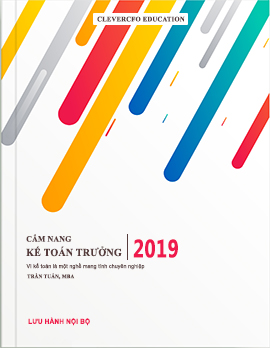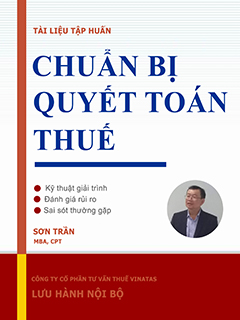The 15 words today are also about Basic accounting, they appears in every chapters of ACCA. If you want to learn ACCA, you need to understand and remember them very well.

1. Ledger: A set of related accounts for assets, liabilities, capital, income and expenses, accountants will base on book of prime entry to post data to it.
2. Current assets: Assets held for short time such as stock/ inventory, debtor/ account receivable, cash and so on.
3. Financial reporting: Is a way of recording, analysing and summarising financial data.
4. Profit: Is the excess of income over expenditure.
5. Loss: Is when expense exceeds revenue (ex: stand for loss)
6. Sole trader: Is a business owned and run by one individual, perhaps employing one or two assistants
and controlling their work.
7. Limited liability: Is the business which has its debts and the personal debts of the business's owner are legally separate.
8. Partnerships: Are arrangements between individuals to carry on business in common with a view to profit. Partnerships are governed by a partnership contract.
9. Financial accounting: Is mainly a method of reporting the financial position and financial performance of a business. Financial accounts provides historical information
10. Asset: Is a resource controlled by an entity as a result of past events and from which future economic benefits are expected to flow to the entity.
11. Liability: Is a present obligation of the entity arising from past events, the settlement of which is expected to result in an outflow from the entity of resources embodying economic benefits.
12. Equity: Is the residual interest in the assets of the entity after deducting all its liabilities.
13. Profit or loss statement ( P&L statement): Is a record of income generated and expenditure incurred over a given profit.
14. Sales tax: Is an indirect tax levied on the sale of goods and services.
15. Balance sheet: Is a financial statement which presents a company's financial position at the end of a specified date.
Thanks for learning with me today.
1. Ledger: A set of related accounts for assets, liabilities, capital, income and expenses, accountants will base on book of prime entry to post data to it.
2. Current assets: Assets held for short time such as stock/ inventory, debtor/ account receivable, cash and so on.
3. Financial reporting: Is a way of recording, analysing and summarising financial data.
4. Profit: Is the excess of income over expenditure.
5. Loss: Is when expense exceeds revenue (ex: stand for loss)
6. Sole trader: Is a business owned and run by one individual, perhaps employing one or two assistants
and controlling their work.
7. Limited liability: Is the business which has its debts and the personal debts of the business's owner are legally separate.
8. Partnerships: Are arrangements between individuals to carry on business in common with a view to profit. Partnerships are governed by a partnership contract.
9. Financial accounting: Is mainly a method of reporting the financial position and financial performance of a business. Financial accounts provides historical information
10. Asset: Is a resource controlled by an entity as a result of past events and from which future economic benefits are expected to flow to the entity.
11. Liability: Is a present obligation of the entity arising from past events, the settlement of which is expected to result in an outflow from the entity of resources embodying economic benefits.
12. Equity: Is the residual interest in the assets of the entity after deducting all its liabilities.
13. Profit or loss statement ( P&L statement): Is a record of income generated and expenditure incurred over a given profit.
14. Sales tax: Is an indirect tax levied on the sale of goods and services.
15. Balance sheet: Is a financial statement which presents a company's financial position at the end of a specified date.
Thanks for learning with me today.









